Final
Deadline
April 16, 2026
Judging
Date
May 18, 2026
Winners
Announced
June 10, 2026
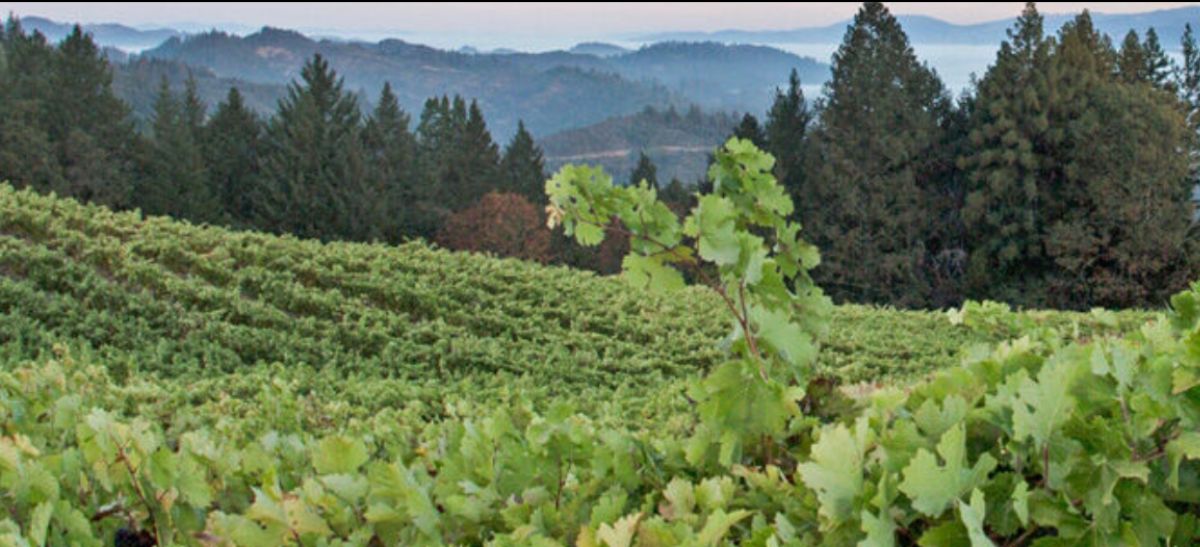
Wineries in Napa Valley have also made sustainability a priority, implementing a range of practices to reduce their environmental impact and protect the land for future generations.
1) Frog's Leap Winery: Based out of Rutherford, this winery is known for its commitment to organic and biodynamic farming practices. The winery has been certified organic since 1988 and uses only sustainable farming methods, such as cover cropping, composting, and crop rotation. Frog's Leap also uses solar power to generate electricity for its operations and has reduced its water usage by recycling wastewater and using drip irrigation.

2) Hess Persson Estates has several initiatives in place to reduce environmental impact. These include using renewable energy sources, reducing waste and greenhouse gas emissions, and conserving water. Hess also has a vineyard certification program that promotes sustainable farming practices and encourages biodiversity.
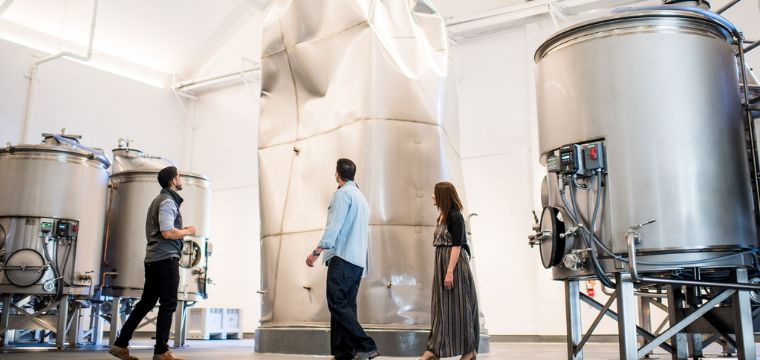
3) Robert Mondavi Winery is committed to sustainability and has implemented initiatives to reduce its environmental impact. The winery uses renewable energy sources, conserves water, and reduces waste. Robert Mondavi Winery is also committed to sustainable farming practices and has been certified as a sustainable vineyard by the California Sustainable Wine growing Alliance.

4) St. Supéry Estate Vineyards & Winery in Napa Valley has implemented initiatives to reduce its environmental impact, such as using renewable energy sources, conserving water, and reducing waste. St. Supéry also has a vineyard certification program that promotes sustainable farming practices and encourages biodiversity.
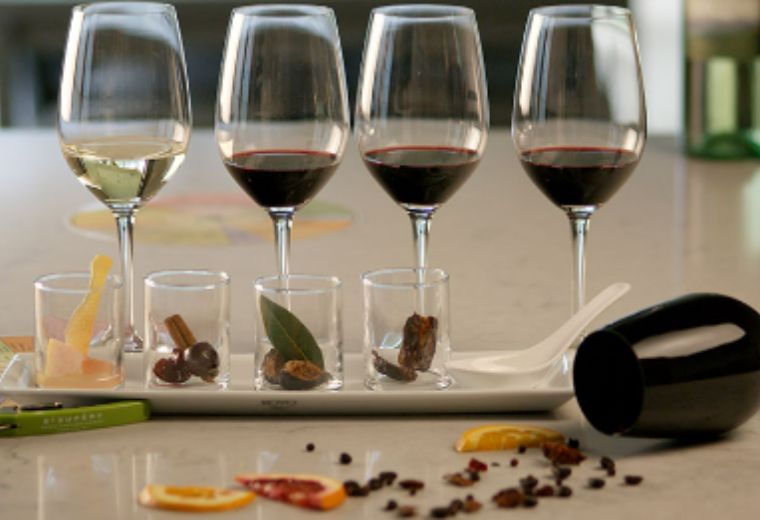
5) Cakebread Cellars is a family-owned winery in Napa Valley that is committed to sustainability. The winery uses solar power, recycles water, and reduces waste. Cakebread Cellars is also committed to sustainable farming practices and has been certified as a sustainable vineyard by the California Sustainable Winegrowing Alliance.
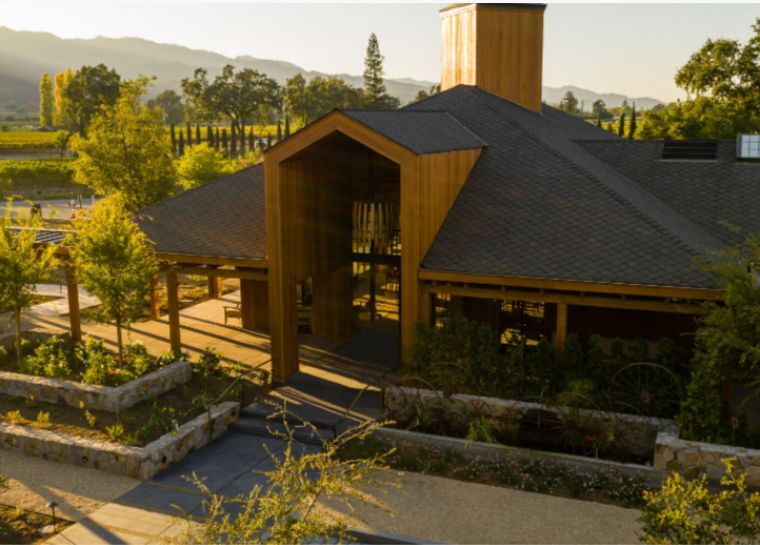
6) Hall Wines is a family-owned winery in Napa Valley that is dedicated to sustainability. The winery has implemented a range of practices to reduce its environmental impact, such as using solar power, recycling water, and reducing waste. Hall Wines also has a vineyard certification program that promotes sustainable farming practices, such as using cover crops and reducing pesticide use.

7) Sterling Vineyards is a winery in Calistoga that has made sustainability a priority. The winery uses solar power to generate electricity for its operations and has implemented a range of practices to reduce its environmental impact, such as conserving water and reducing waste. Sterling Vineyards also has a sustainability program that promotes sustainable farming practices and encourages biodiversity, such as planting cover crops and creating habitats for beneficial insects.
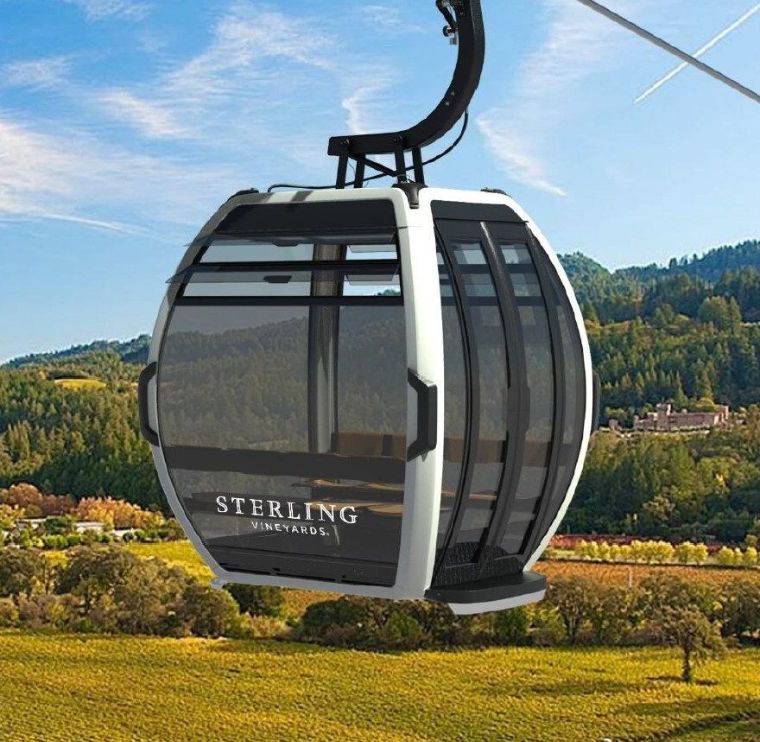
These are just a few examples of the many wineries in Napa Valley that are committed to sustainability. Each winery may have different initiatives in place, but they all share a commitment to protecting the environment and producing high-quality wines using sustainable practices. By implementing these practices, wineries in Napa Valley are not only protecting the land for future generations, but they are also producing wines that are better for the environment and better for consumers.
Enter your Wines now and get in front of top Sommeliers, Wine Directors, and On-Premise Wine Buyers of USA.
